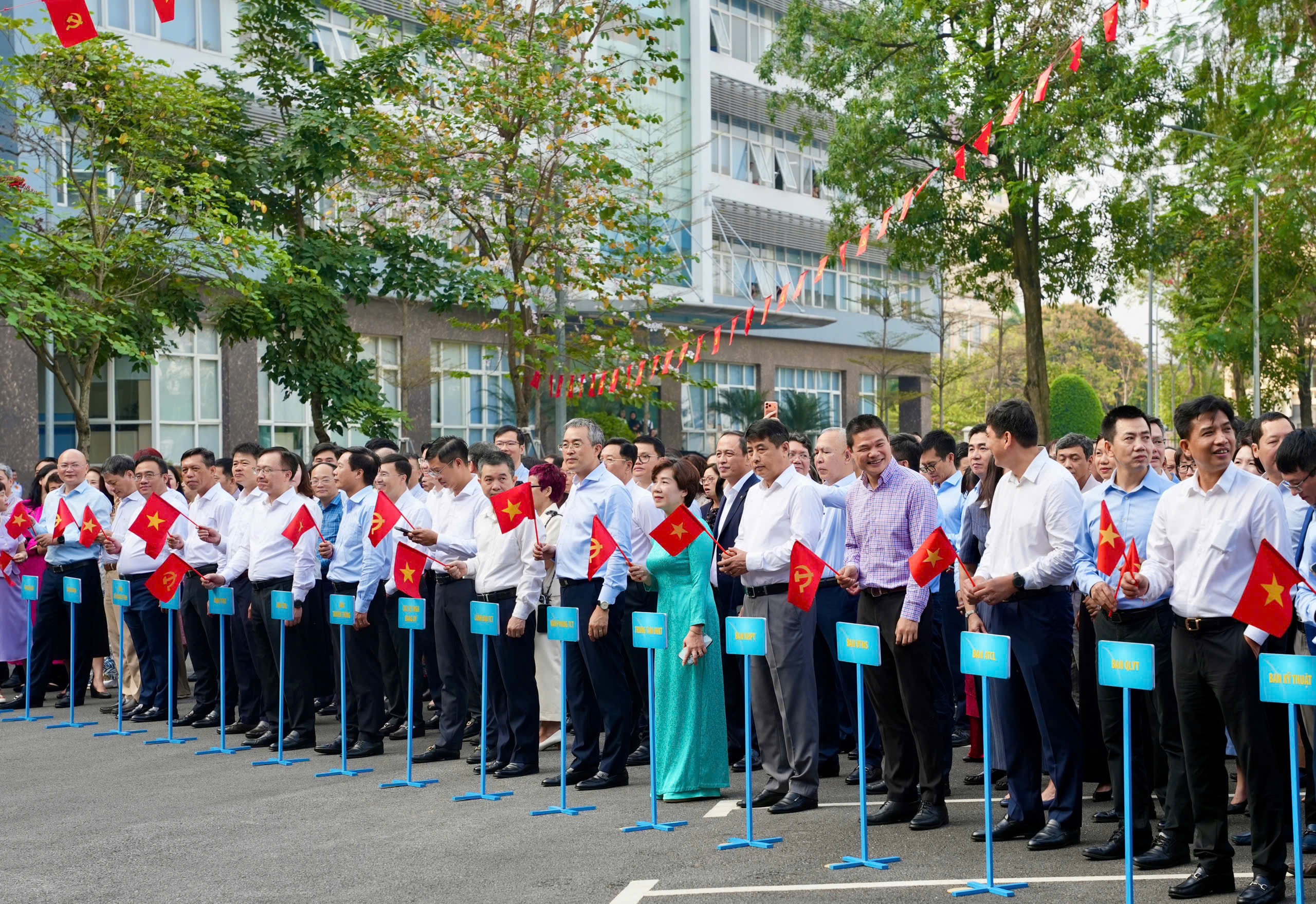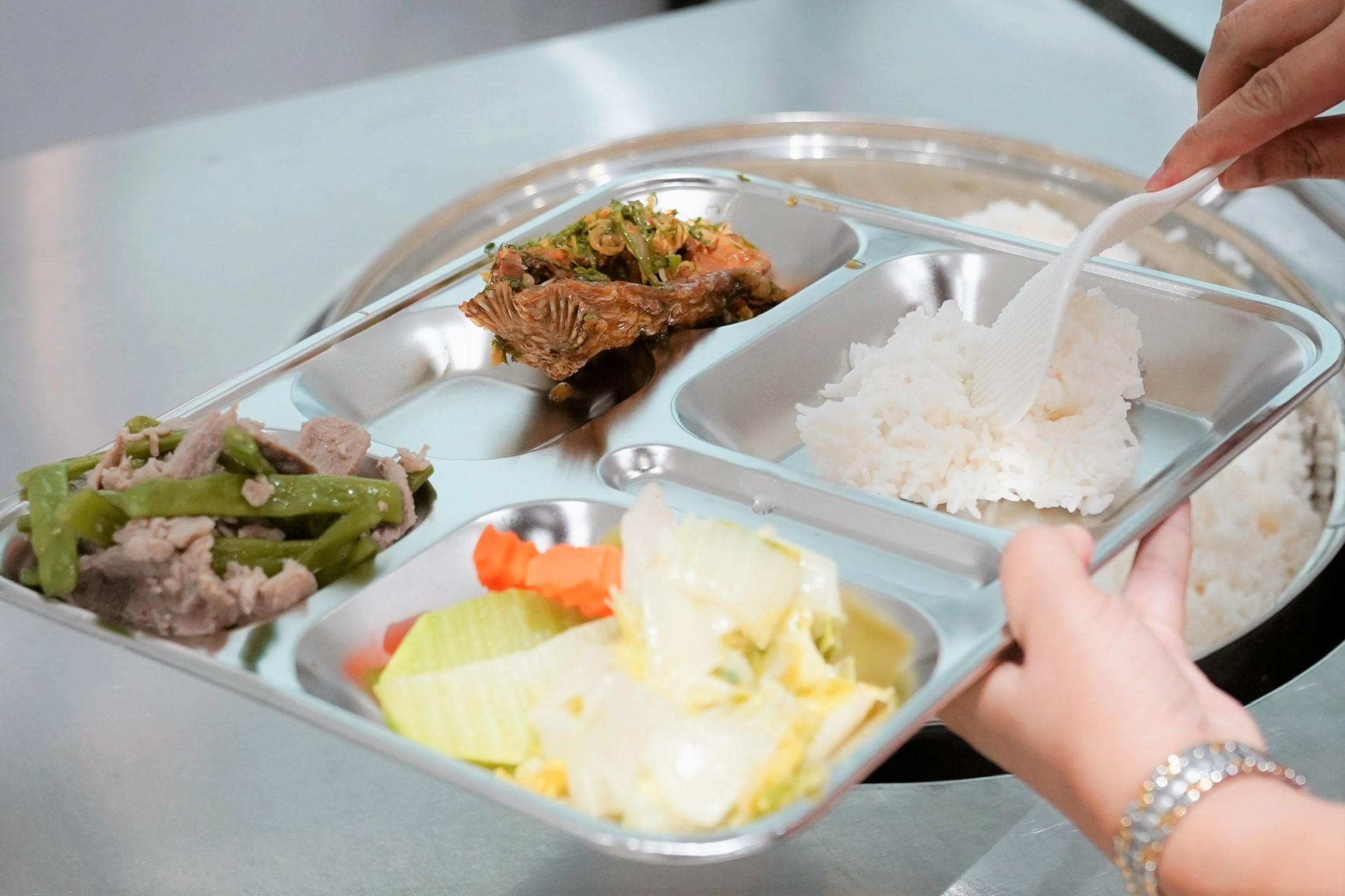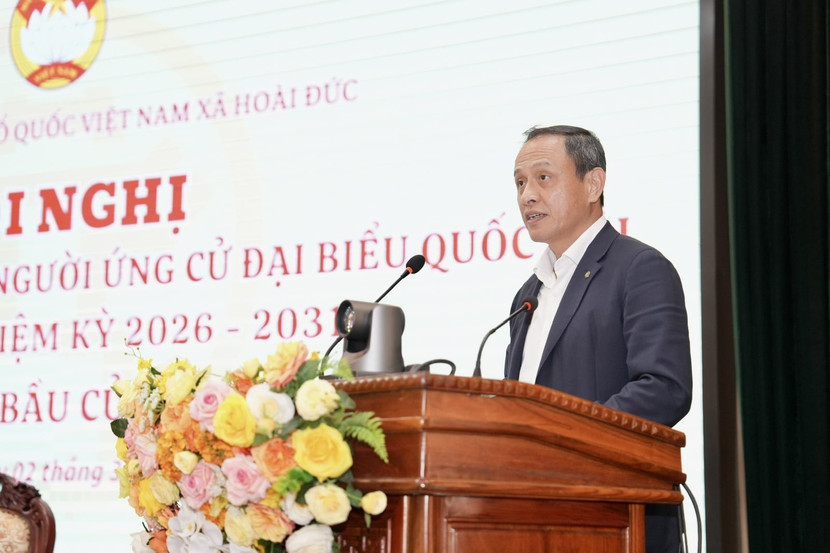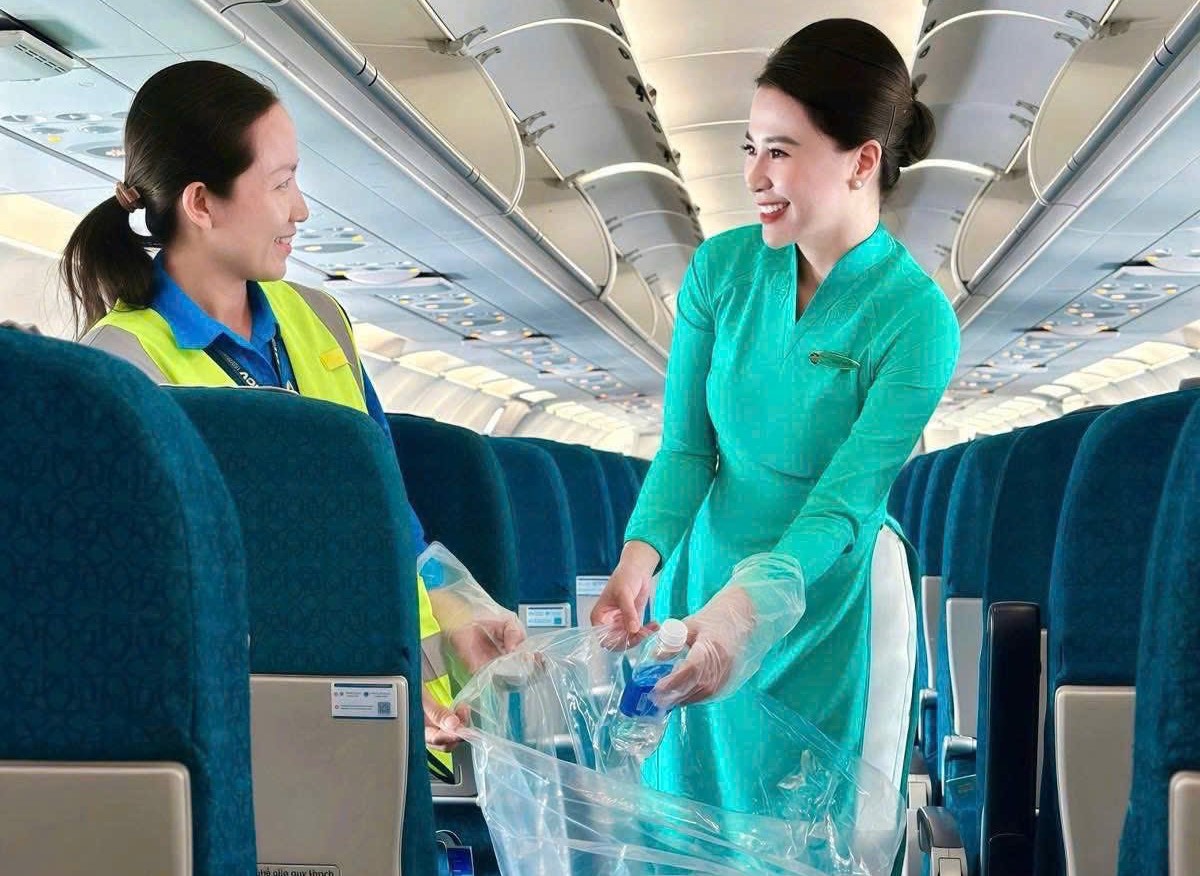Airbus’ ZEROe program is one step closer to making zero-emissions commercial aircraft a reality. After 15 months of development and collaboration, the aircraft manufacturer has announced it has completed a prototype for its cryogenic hydrogen fuel tanks ahead of flight testing in 2026.
New developments
Announced back in 2020, ZEROe has quickly become integral to Airbus’ pledge to bring zero-emissions aircraft to market by 2035.
ZEROe is not Airbus’ first foray into hydrogen technologies; in 2000, the European manufacturer took part in the brief EU-backed CRYOPLANE project. However, as the aviation industry surges towards its net-zero targets, a renewed interest in alternative fuels has seen Airbus revive its hydrogenic ambitions and begin innovating around the logistic challenge of storing hydrogen fuels at a consistent -253C.
Airbus tasked its employees in Nantes and Bremen with developing and manufacturing its cryogenic tanks, opening two Zero Emission Development Centres (ZEDC) spread out the workload while completing the design of the tanks at its primary base in Toulouse.
The two locations were selected based on their employee’s pre-existing skills; Bremen is the location of Airbus’ Defense and Space sector, which has experience with utilizing hydrogen, and Nantes typically works with metallic structures, making it an ideal location to produce the required cold fuel storage container. The streamlined process allowed for the completion of its first prototype within 15 months.
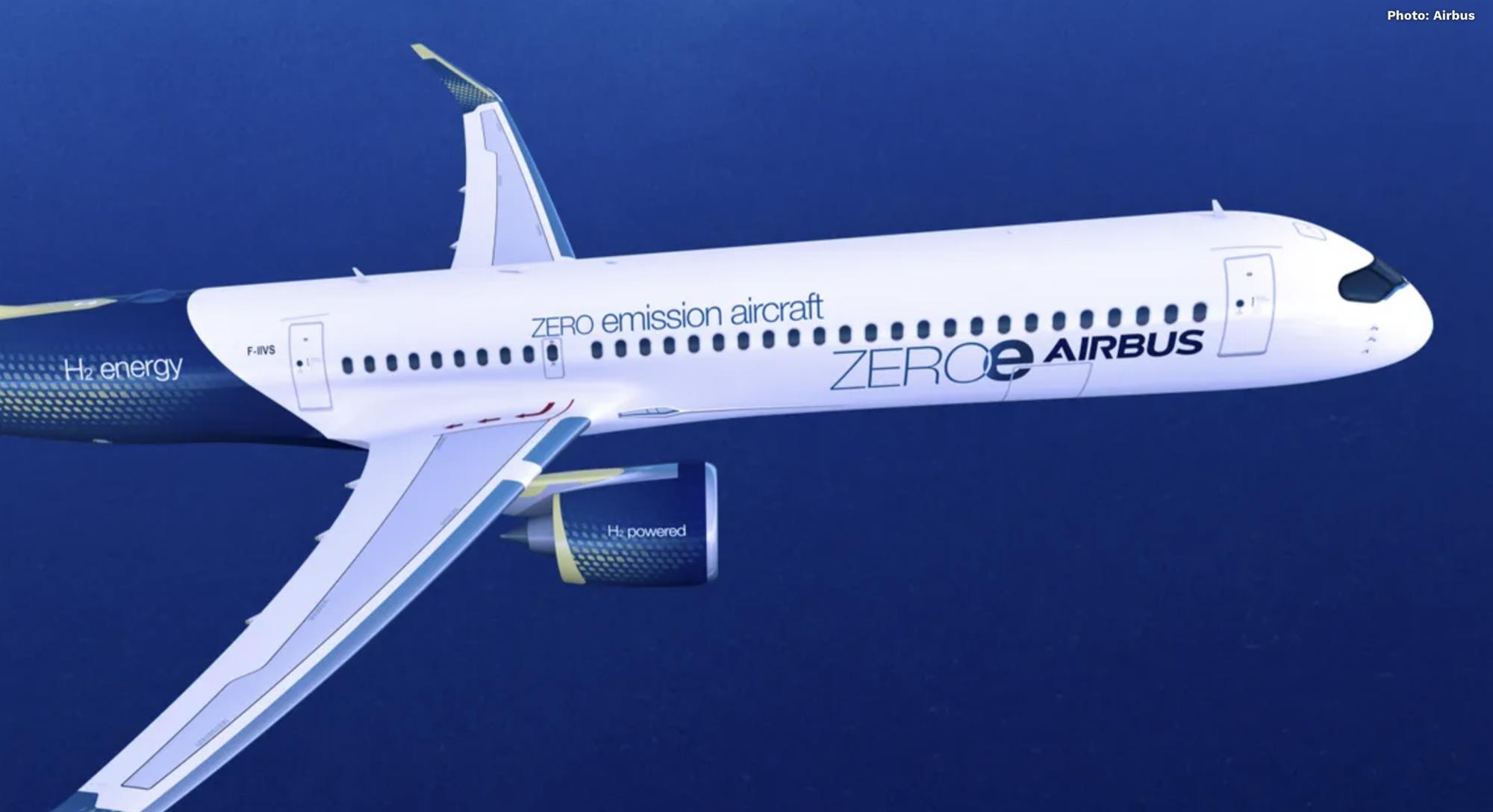
“It’s a real testament to the teamwork across our sites to see this first tank being manufactured so quickly,” noted Chris Redfern, Head of Manufacturing at ZEROe.
“We want to optimise the tank for greater efficiency and to further reduce its environmental footprint: after all, a zero-emission aircraft needs to be as close to zero emission as possible throughout its whole life cycle.”
After successfully testing the fuel tanks with nitrogen, Airbus is working towards completing a fully functional cryogenic hydrogen tank in 2023. Flight testing is expected to begin in 2026-2028 onboard ZEROe’s Airbus A380 testbed.
What’s next?
Despite ZEROe still being early in development, the program has seen significant interest from airlines looking to collaborate with Airbus to accelerate the timeline. Earlier this year, US Legacy Carrier Delta Air Lines signed a Memorandum of Understanding (MoU) with Airbus, joining easyJet, SAS Scandinavian Airlines, and Air New Zealand to support the commercial development of ZEROe.
The partnership will specifically focus on examining the economic, operational, and technical feasibility of ZEROe in the aviation industry while working to build key relationships across the industry as Airbus looks to market the jet on a wide scale.
“To pull the future of sustainable aviation forward, we need to accelerate the development and commercialization of potentially disruptive technologies,” explained Pam Fletcher, Delta’s Chief Sustainability Officer.
“Hydrogen fuel is an exciting concept that has the potential to redefine the status quo. These tangible steps lay the groundwork for the next generation of aviation.”
Cre: Simple Flying
Nguyen Mai Huong-COMM






